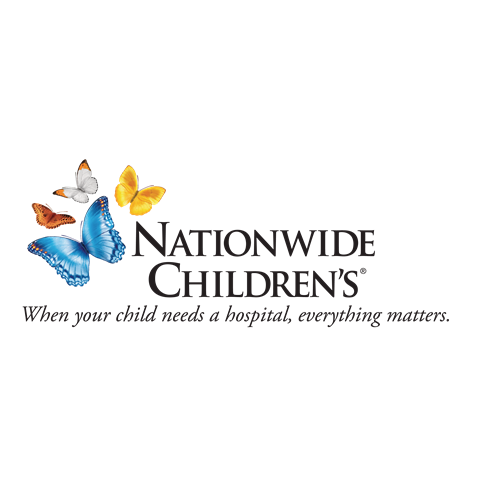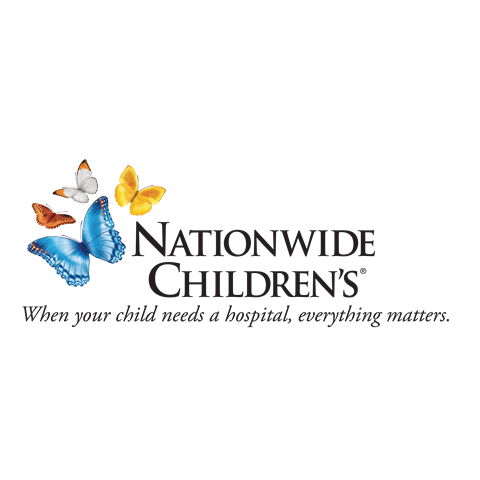Available Technologies
# of Displayed Technologies: 2 / 2
Categories
 Methods for Anticipating Antibiotic Sensitivity in Bacteria Released from Biofilm Residence
Methods for Anticipating Antibiotic Sensitivity in Bacteria Released from Biofilm Residence
TS-002176 — In order to effectively treat bacterial infections, a clear understanding of the bacterium’s antibiotic sensitivity is needed. Researchers at Nationwide Children’s Hospital’s Center for Microbial Pathogenesis created a new method to assist in prescribing antibiotics for infections caused by a biofilm to reduce the dosage and the length of antibiotic treatments.
Depending on the bacteria’s physiologic state the antibiotic sensitivity can be highly variable. Originally, bacteria were believed to exist in two physiologic states: planktonic and biofilm. However, the research team based their methods on two additional but transient physiologic states they…
- College:
- Inventors: Bakaletz, Lauren; Goodman, Steven
- Licensing Officer: Murrah, Kyle
 Novel Approach for Removal of Caries Causing Bacteria within the Oral Cavity
Novel Approach for Removal of Caries Causing Bacteria within the Oral Cavity
TS-000235 — Dental caries, or tooth decay, affects 84% of adults and is caused by the demineralization of the tooth surface by bacteria (Streptococcus mutans and other Streptococcal species) residing in the oral cavity. These bacteria possess surface-associated glucosyltransferases, which convert sucrose to glucan, thus facilitating their attachment to the tooth surface and further colonization. Current treatments for the prevention of tooth decay involve flooding the oral cavity with oral health care products which harm both healthy (commensal) and pathogenic (harmful) bacteria. Investigators at Nationwide Children’s Hospital have developed a novel anti-cariogenic formulation that provides targeted elimination of cariogenic and harmful bacteria with minimal disturbance of commensals.
- College:
- Inventors: Goodman, Steven; Warren, Lauren
- Licensing Officer: Murrah, Kyle
